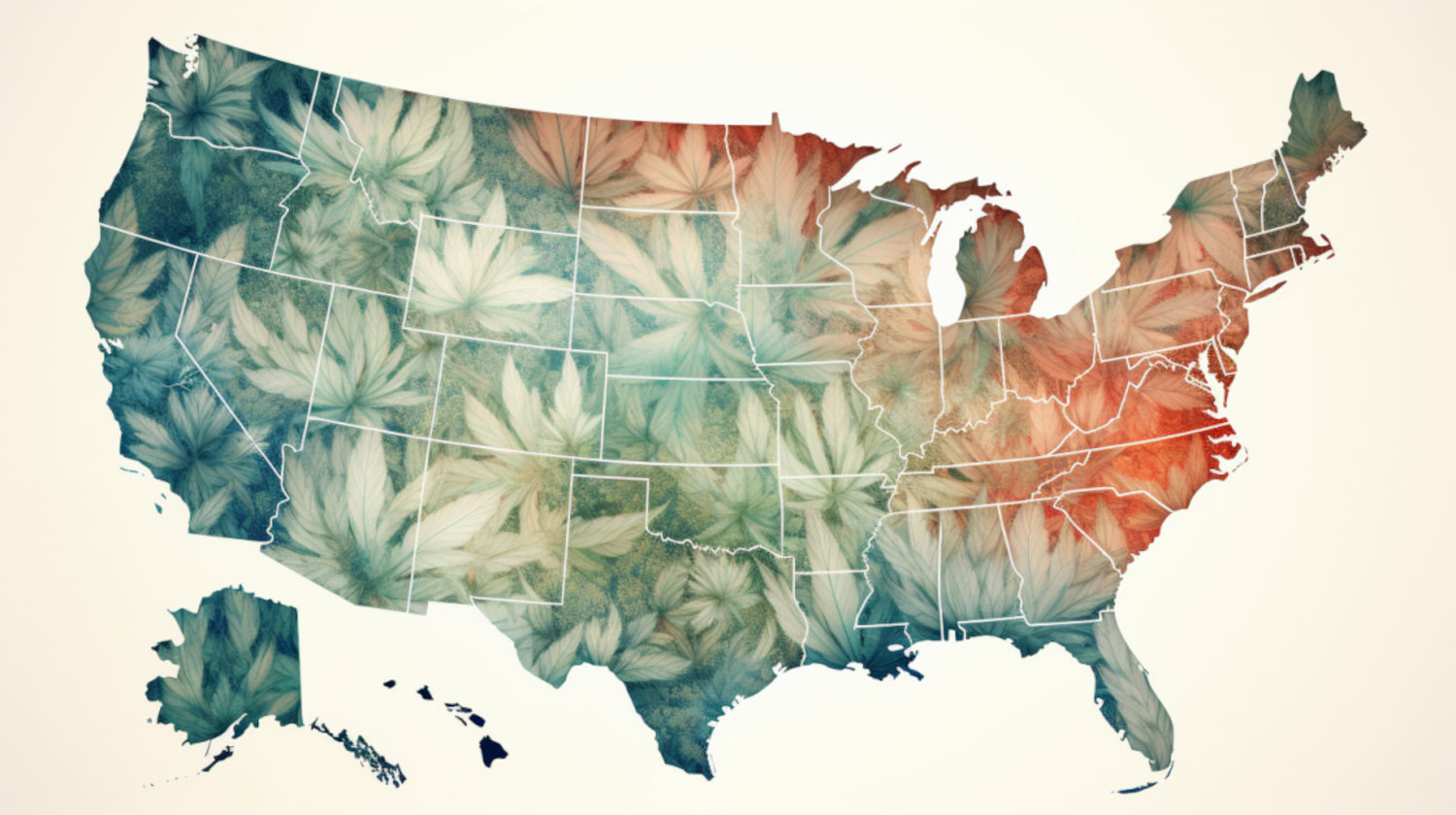In This Article
Two influential organizations have endorsed a ballot initiative to legalize recreational cannabis in Florida, giving supporters of the measure new allies in the effort to reform the state’s marijuana laws. The state chapter of the Service Employees International Union (SEIU) announced its support for Amendment 3 on August 21, while the American Civil Liberties Union (ACLU) of Florida endorsed the ballot proposal five days later.
SEIU is one of Florida’s largest labor unions, representing more than 80,000 service workers statewide. In a statement announcing the endorsement of the cannabis legalization measure, the group said “SEIU Florida workers know our antiquated marijuana laws only hurt our workforce, by making unnecessary arrests for simple marijuana possession and preventing the creation of new job opportunities for across the state.”
“SEIU proudly endorses Amendment 3 on the November ballot as a significant step toward true justice and freedom in Florida,” said Coyuca Jones, SEIU Florida vice president. “Legalizing recreational marijuana will not only end the unjust criminalization that has disproportionately affected our communities, but it will also benefit workers by creating new job opportunities and fostering economic growth. By supporting Amendment 3, we are advocating for a fairer, more prosperous future for all Floridians.”
On August 26, ACLU of Florida also put its support behind Amendment 3. With the endorsement, the civil rights watchdog group joined a growing list of supporters backing the measure, including Jacksonville Mayor Donna Deegan, Gadsden County Sheriff Morris Young, Republican state Sen. Joe Gruters, Democratic state Sen. Shev Jones, and the Libertarian Party of Florida.
“ACLU of Florida is proud to join many other organizations to endorse Amendment 3 on the November ballot,” said Bacardi L. Jackson, executive director for ACLU of Florida. “Amendment 3 is a significant step forward in respecting the personal freedom of Floridians and is crucial in addressing the disproportionate impact that the criminalization of marijuana possession and use has had on Florida's Black community and other communities targeted by the criminal legal system. By approving Amendment 3, Florida voters can create a future that is both more equitable and more respectful of the freedom of the people of our state.”
Morgan Hill, spokesperson for Smart & Safe Florida, the group behind the cannabis legalization bid, said in a statement to NuggMD that the “campaign is committed to ending the unjust and needless arrests and incarcerations for simple marijuana possession charges that ultimately make it harder for Floridians to get a job, an education, and to get ahead.”
“We are honored to have the support of the ACLU of Florida and SEIU Florida,” he added, “a signal that a vote for Amendment 3 is a vote for protecting the individual liberties of everyone in the ‘Free State of Florida.’”
Amendment 3 Legalizes Cannabis for Adults
If passed by Florida voters in the November election, adults aged 21 and older would be permitted to purchase and consume cannabis for non-medical purposes. The legislation allows adults to buy and possess up to three ounces of marijuana and up to five grams of cannabis concentrates. The ballot measure does not contain provisions for the home cultivation of cannabis.
Amendment 3 allows the state’s existing vertically integrated medical cannabis companies to “acquire, cultivate, process, manufacture, sell, and distribute marijuana products and marijuana accessories to adults for personal use.” The initiative also permits the state legislature to authorize the licensing of adult-use cannabis businesses, although lawmakers would not be required to do so.
The constitutional amendment initiative specifies that nothing in the measure prevents state lawmakers from “enacting laws that are consistent with this amendment.” Further, Amendment 3 states that nothing in the ballot measure “changes federal law,” a provision added to avoid legal challenges based on state law that prohibits ballot measures from containing misleading language.
To pass at the polls in November, Amendment 3 must garner at least 60% of the votes cast. Recent polling shows it will likely be a tight race, with a Public Policy Polling survey conducted August 21-22 finding that 57% of voters planned to vote in favor of legalizing recreational cannabis and 34% opposed. However, a Suffolk University/USA Today/WSVN-TV poll conducted the week before showed that Amendment 3 would pass with 63% of the vote.
The information in this article and any included images or charts are for educational purposes only. This information is neither a substitute for, nor does it replace, professional legal advice or medical advice, diagnosis, or treatment. If you have any concerns or questions about laws, regulations, or your health, you should always consult with an attorney, physician or other licensed professional.




